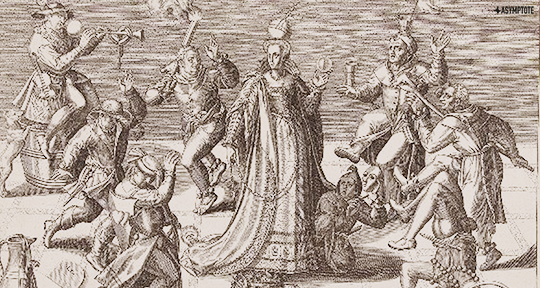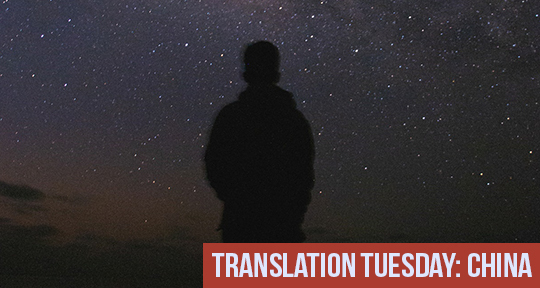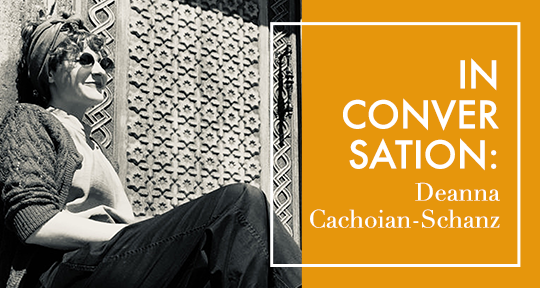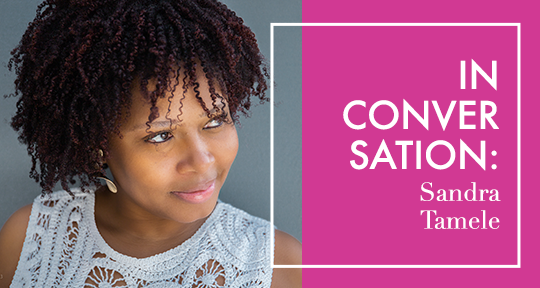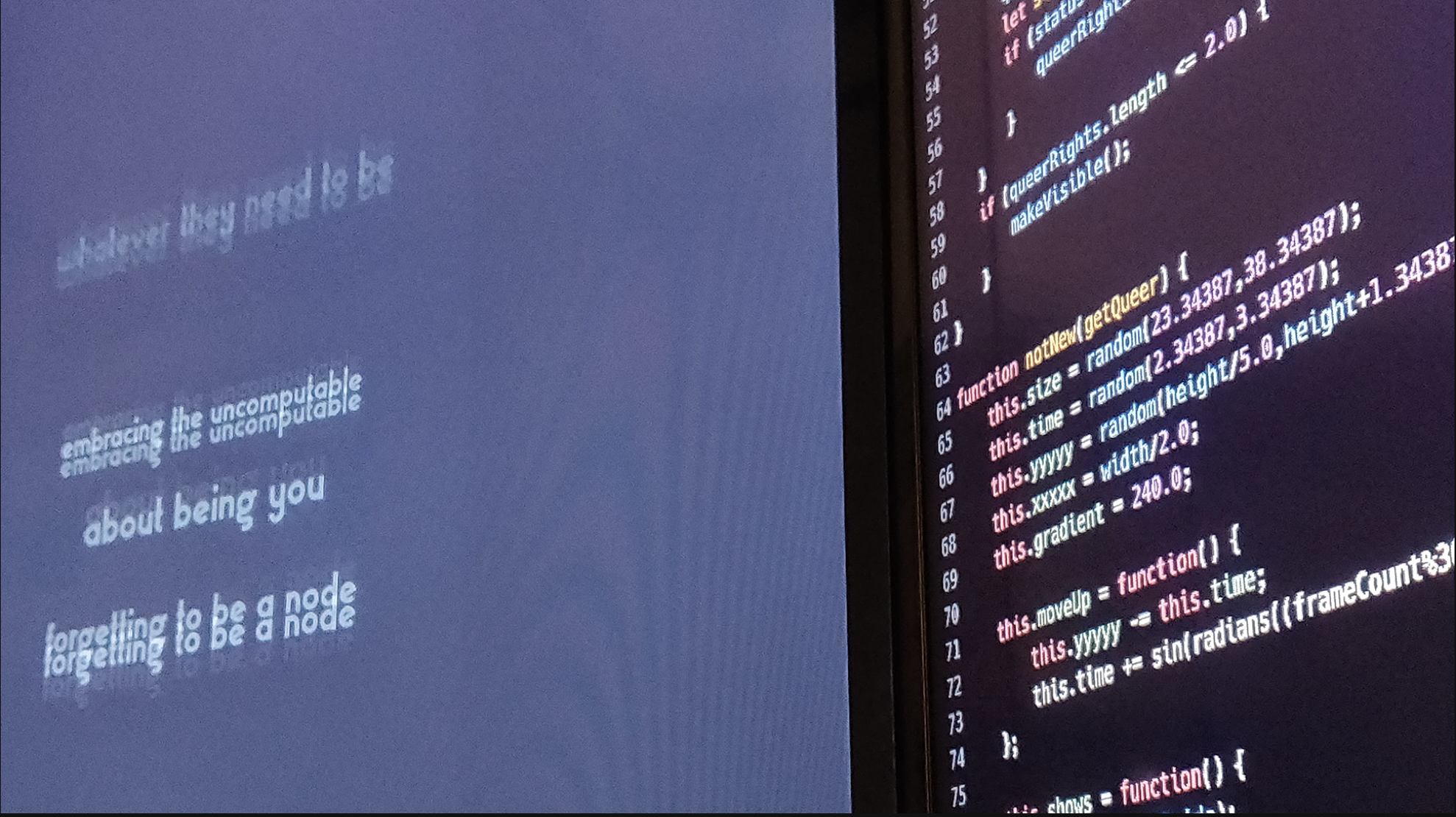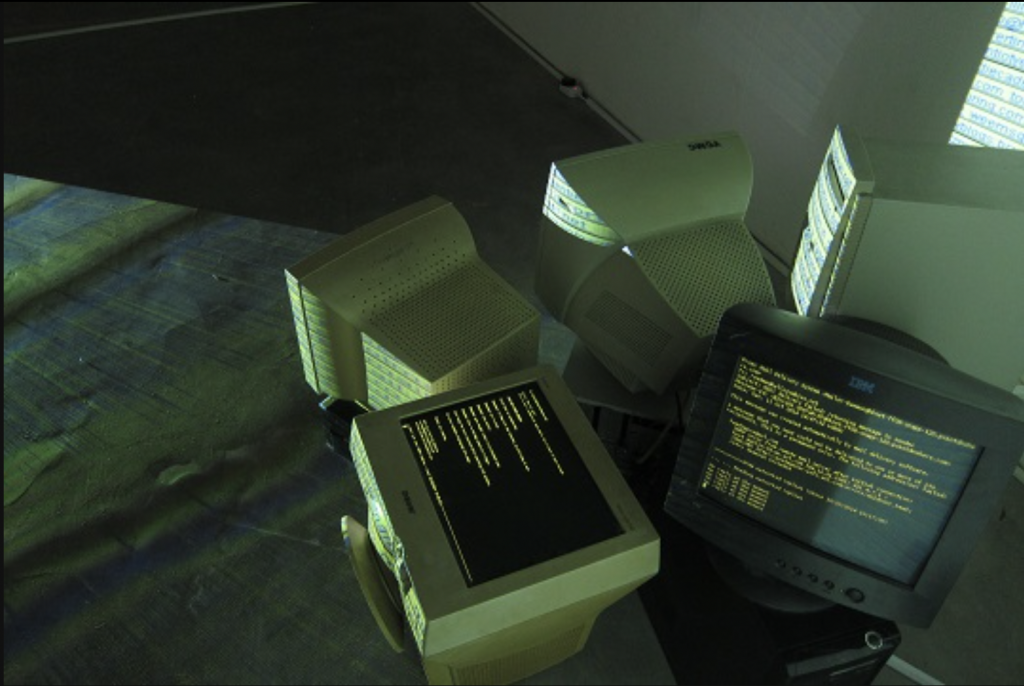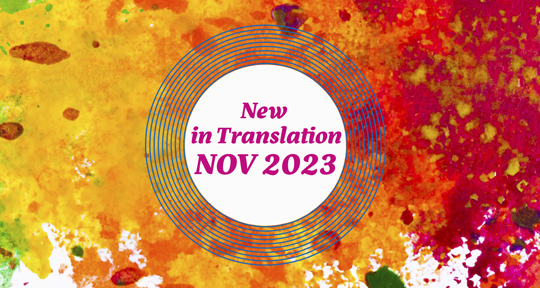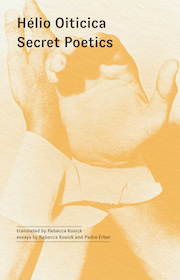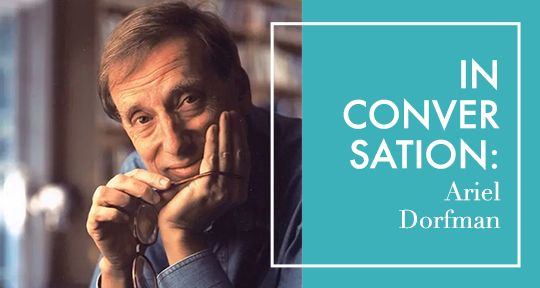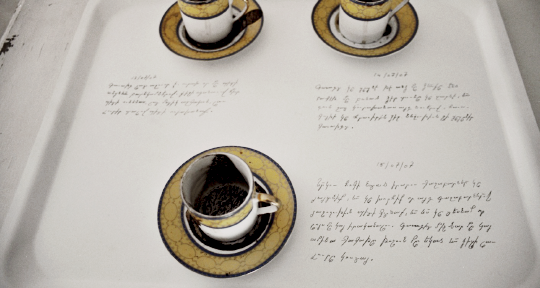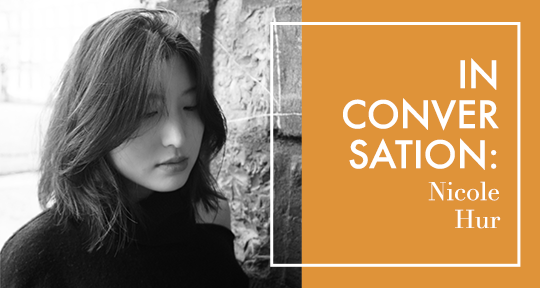Poems and stories have murky histories—the older, the more obscure. In the following essay, we follow a translation team from the College of Mexico as they work to unearth an ancient love poem by way of its later translations, delving into the question of what constitutes of an original.
It is accepted that our ancient texts do not come to us intact; from the poetry of Sappho to the second part of Aristotle’s Poetics, we can only know these works thanks to quotations or references by many other authors. As such, a question plaguing translators of history remains: what if you wanted to translate a poem that can no longer be found in its original language?
This is precisely the problem facing certain translators from the College of Mexico, who had decided to embark on the colossal journey of translating the first love poems of over fifty languages. Francisco Segovia, the leading editor of Primer Amor, the book that reunites these texts, stated that they actually “wanted to translate the first poems ever written, but it seemed like and unfathomable task, so we focused just on the love poems”. From there, Segovia, along with Adrián Muñoz and Juan Carlos Calvillo, gathered over forty translators, academics, and poets to ensure the texts were not only well translated, but also accompanied by a brief critical comment of the translation work and the poem itself. Included are poems written originally in Sanskrit, Latin, Náhuatl, Awadhi, Medieval French, Tamil, and more, include excerpts from the Bhagavad Gita, the Epic of Gilgamesh, and even Homer.
However, one text in particular was set apart from the others, and required a distinct approach. The “Song of the Serpent” is a poem originally written in Tupinambá, a native language from present-day Brazil. The community has been deeply described in André Thevet’s The New Found World, or Antarctike and in Jean de Léry’s History of a Voyage to the Land of Brazil, but the most prominent figure who has written about the Tupinambá was actually Michel de Montaigne; in his essay “Of Cannibals”, he delves into the otherness of the community in an attempt to understand the nations that “are still governed by natural laws and very little corrupted by our own”. As Carlo Ginzburg has pointed out, Montaigne’s unique perspective led him to see Brazilian natives not as animals or savage people, but as “belonging to a distinct and different civilization, although the word civilization did not exist as yet”. Not only that, but Montaigne refused to regard their poetry as barbarian, and defied the paradigms of natural anthropology that deemed American natives as inferior, stating: “I do not believe, from what I have been told about this people, that there is anything barbarous or savage about them, except that we call barbarous anything that is contrary to our own habits.” READ MORE…

